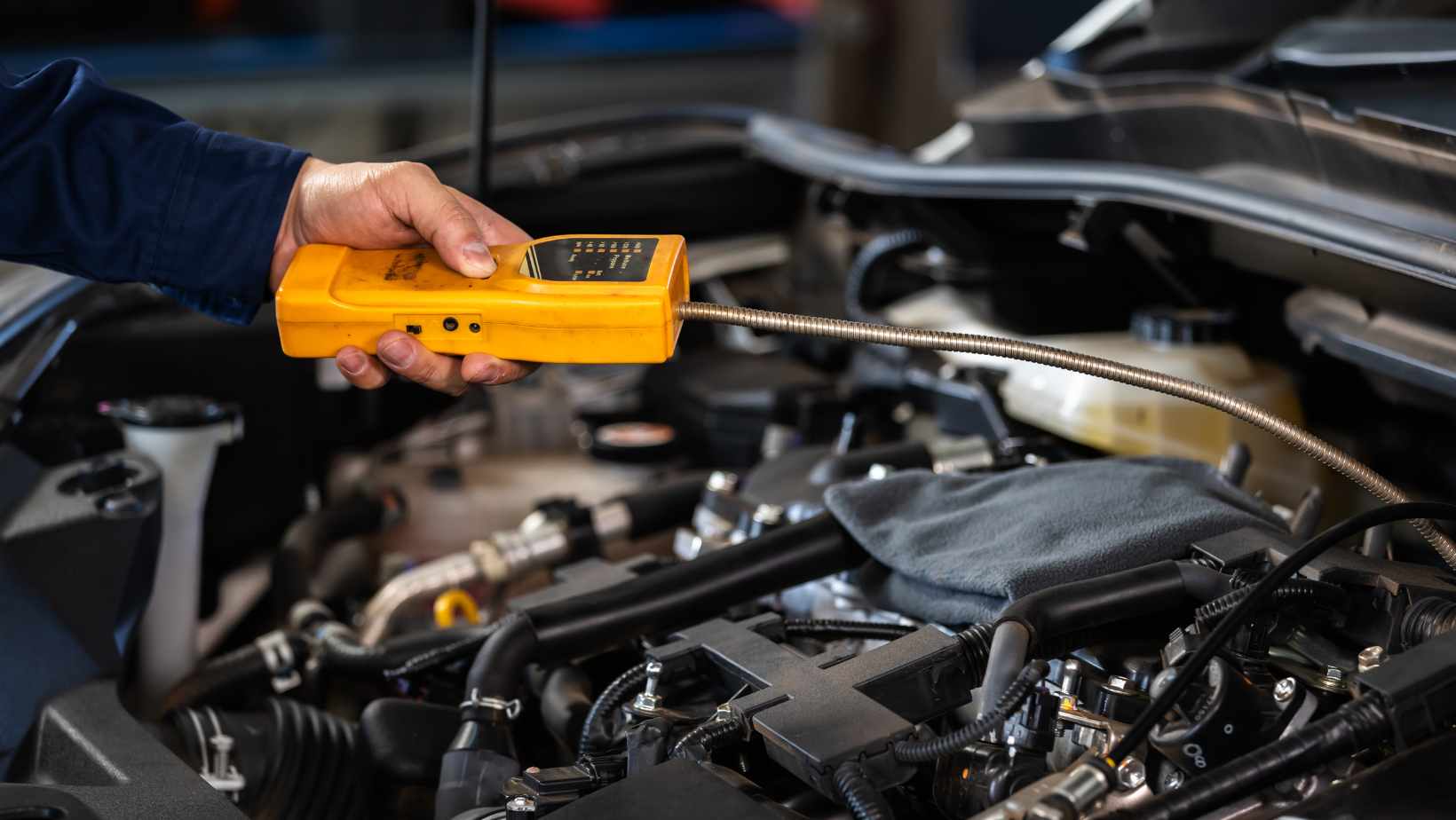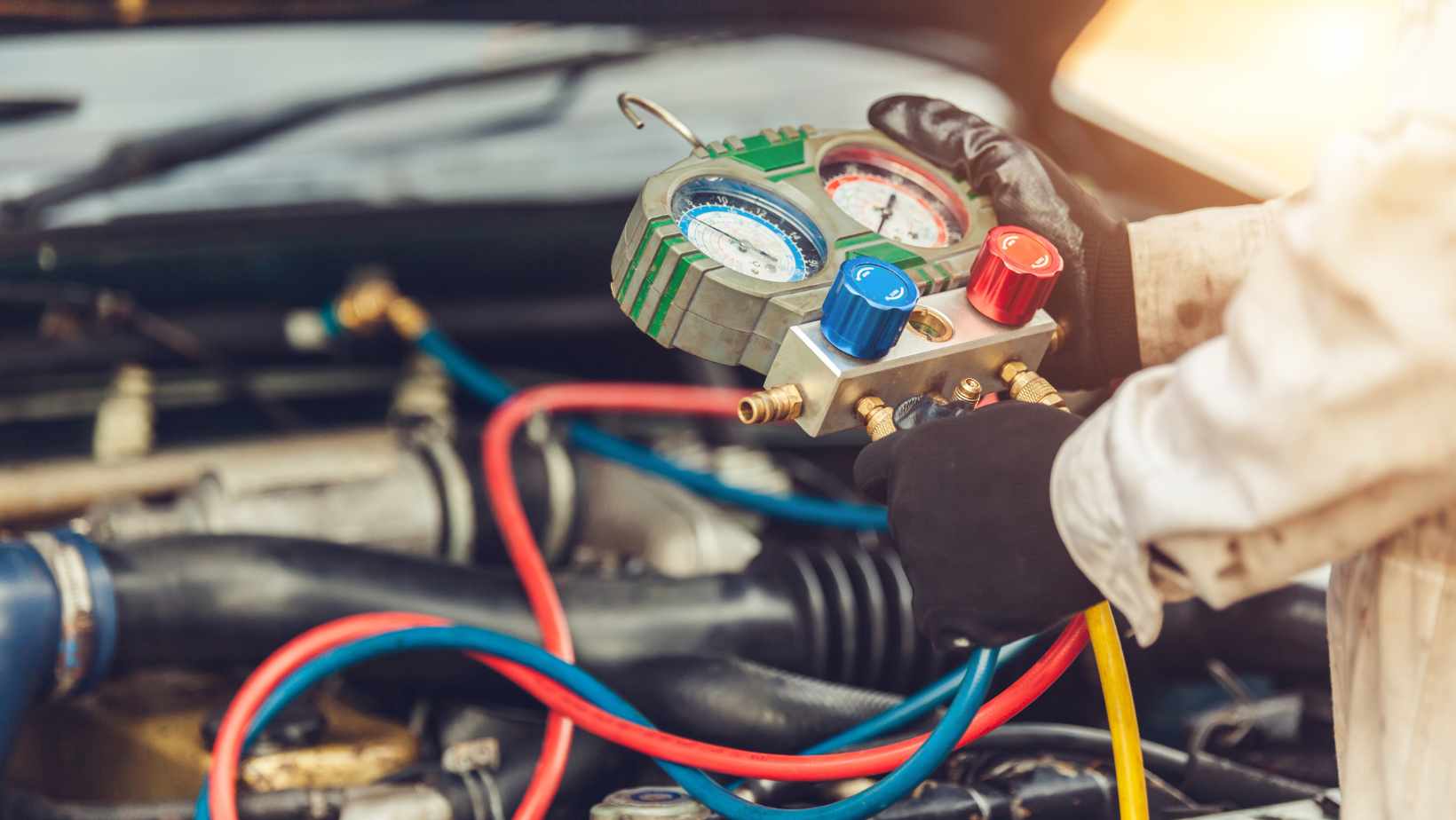When it comes to dealing with a gas leak in your car, one of the main concerns is the repair cost. Gas leaks can be dangerous and should be addressed promptly. So, how much does it typically cost to repair a gas leak in a car?
The cost of repairing a gas leak in a car can vary depending on several factors. Firstly, the severity of the leak plays a significant role in determining the overall expense. A minor leak that requires only a simple fix may cost less compared to a major leak that involves extensive repairs or even part replacements.
Gas Leak Car Repair Cost
When it comes to gas leaks in cars, several factors can contribute to the issue. Understanding these common causes can help shed light on the potential repair costs involved. Here are a few key culprits:
- Worn-out Fuel Lines: Over time, fuel lines can deteriorate and develop cracks or leaks. This can occur due to age, exposure to harsh weather conditions, or even improper maintenance.
- Faulty Fuel Injectors: If the fuel injectors in your car become clogged or damaged, they may not distribute fuel properly, leading to a potential leak.
- Loose or Damaged Fuel Tank Cap: Something as simple as a loose or damaged fuel tank cap can cause fuel vapors to escape and result in a gas leak.
- Corroded Fuel Tank: Rust or corrosion on the fuel tank is another common cause of gas leaks in cars. This typically occurs over time due to exposure to moisture and other elements.
Understanding The Severity of Gas Leak Issues
Gas leaks in cars should never be taken lightly, as they pose serious safety risks and can lead to potentially hazardous situations. The severity of a gas leak depends on various factors:
- Size of the Leak: The size of the gas leak plays a significant role in determining its severity. A small leak might not pose an immediate threat but still requires attention and repair before it worsens.
- Location of the Leak: The location of the gas leak within your car’s system also impacts its severity. Leaks closer to ignition sources such as hot engine components or electrical systems require urgent attention.
- Type of Fuel Leaking: Different types of fuels have varying properties and levels of volatility, which affects how dangerous a particular leak may be.

Common Symptoms Of A Gas Leak In A Car
Gas leaks in cars can be dangerous and should be addressed promptly. If you suspect a gas leak in your vehicle, it’s crucial to be aware of the common symptoms that may indicate this issue. Here are some telltale signs to watch out for:
- Strange Odor: One of the most noticeable indicators of a gas leak is the presence of a strong, pungent odor similar to rotten eggs or sulfur. If you catch a whiff of this distinctive smell around your car or inside the cabin, it could be an indication of a gas leak.
- Reduced Fuel Efficiency: A sudden decrease in fuel efficiency can also point towards a potential gas leak. If you find yourself needing to refuel more frequently than usual or notice that your mileage has significantly dropped, it’s worth investigating further.
- Hissing Sound: Another sign of a gas leak is the sound of hissing coming from the car’s fuel system or engine area. This noise typically occurs when there is an escape of pressurized gasoline or vaporized fuel.
- Stains or Wetness: Inspect your vehicle for any stains, damp spots, or puddles near the fuel tank, fuel lines, or undercarriage. These visual cues suggest that fuel might be leaking and accumulating in those areas.
- Check Engine Light: While not exclusive to gas leaks, if your check engine light illuminates along with any other symptoms mentioned above, it could indicate a problem with your car’s fuel system.
- Performance Issues: A gas leak can affect your car’s overall performance as well. You may experience rough idling, difficulty starting the engine, stalling while driving, or even misfires during acceleration.
- Health Symptoms: In rare cases where there is prolonged exposure to gasoline fumes inside the cabin due to a severe leak, occupants might experience health symptoms such as dizziness, headaches, nausea, or respiratory issues.
If you notice any of these symptoms, it’s crucial to address the issue promptly. Ignoring a gas leak can not only put your safety at risk but also lead to more severe damage and higher repair costs down the line. It’s recommended to seek professional assistance from a qualified mechanic who can accurately diagnose and fix the problem.








































